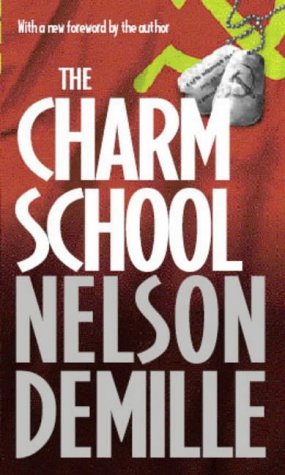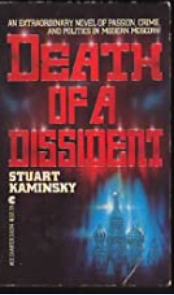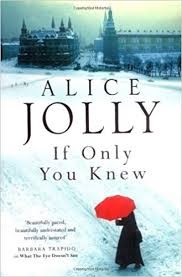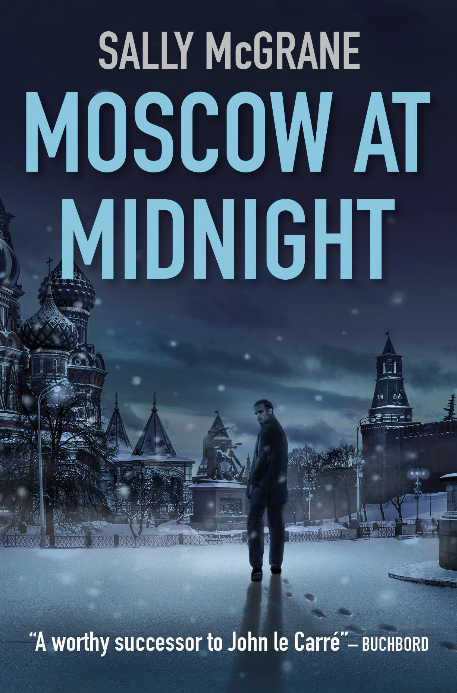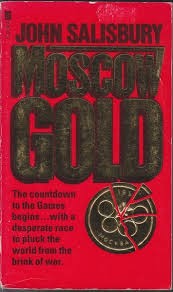Part one of this review is here.

Martha marries Kit, a gay British diplomat serving in Moscow in 1973. This platonic marriage suits them both — Kit feeling the need to disguise his sexuality; Martha finding a route out of the conventional home-bound English middle-class future her parents see for her.
Sarah Armstrong’s The Wolves of Leninsky Prospekt plays off the temporal and physical settings of Moscow and 1973 against one another.
Martha embraces life in Soviet Moscow, with all its faults and fears. For Kit, working in the British Embassy, the reality of Cold War tensions are ever present.
Continue reading